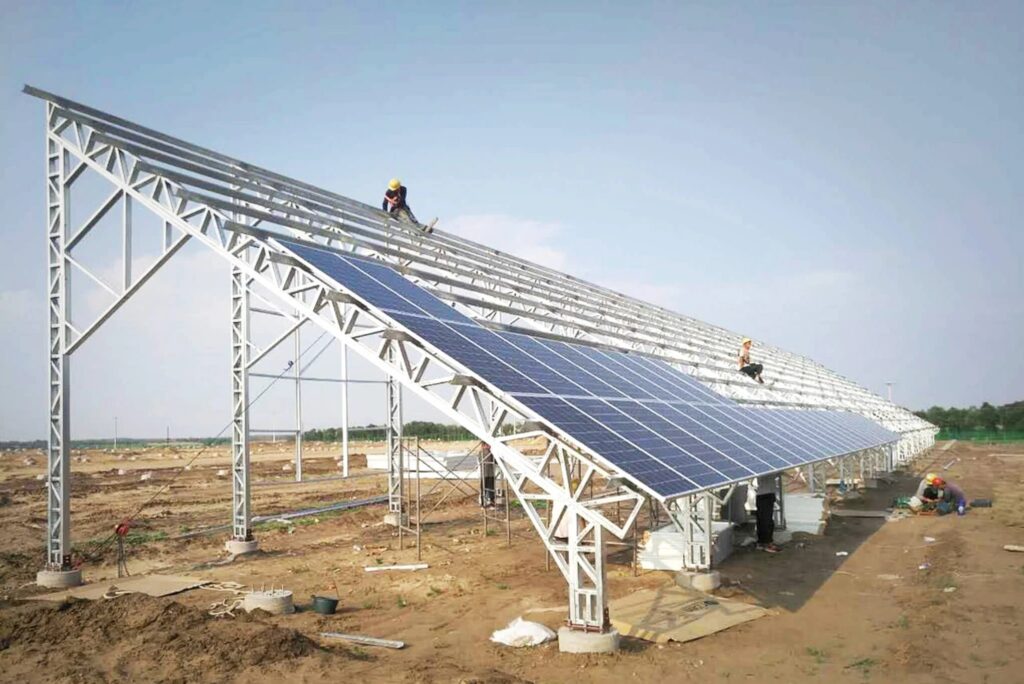Solar panels can be classified based on their specific uses and applications. The classification is often determined by the intended purpose of the solar panels and the type of system they are integrated into.
- Residential Solar Panels:
- Designed for use in residential settings, these solar panels are typically installed on rooftops to generate electricity for homes. They are optimized for efficiency and aesthetics.
- Commercial Solar Panels:
- Similar to residential panels but larger in scale, commercial solar panels are used in business and industrial settings to meet the energy needs of commercial buildings and facilities.
- Industrial Solar Panels:
- These solar panels are specifically designed for industrial applications, such as powering manufacturing plants or large-scale industrial operations. They are often high-capacity and built to withstand heavy usage.
- Off-Grid Solar Panels:
- Off-grid solar panels are used in systems that operate independently of the electrical grid. These are common in remote areas or for applications like powering cabins, RVs, boats, and other off-grid structures.
- Grid-Tied Solar Panels:
- These panels are designed to be connected to the electrical grid. They generate electricity that can be used on-site, and excess power can be fed back into the grid. Grid-tied systems often use inverters to convert DC power to AC power.
- BIPV (Building Integrated Photovoltaics) Panels:
- BIPV panels are integrated into building structures, such as roofs, facades, or windows. They serve a dual purpose by generating electricity while seamlessly blending into the architecture of the building.
- Floating Solar Panels:
- Designed to be installed on bodies of water, floating solar panels are used in applications such as floating solar farms on reservoirs or ponds. They help to save land space and reduce water evaporation.
- Solar Street Lighting Panels:
- These solar panels are integrated into street lighting systems. They charge during the day and power LED lights during the night, providing an energy-efficient and sustainable solution for outdoor lighting.
- Portable Solar Panels:
- Portable solar panels are lightweight and easy to transport. They are used to charge small electronic devices, camping equipment, or emergency power needs. They are commonly used in outdoor activities and as backup power sources.
- Solar Water Pumping Panels:
- Solar panels for water pumping systems are designed to power water pumps for irrigation or water supply in areas where grid electricity is not readily available.
These classifications highlight the diverse range of applications for solar panels, each tailored to specific needs and environments. The choice of solar panels depends on factors such as efficiency, cost, space constraints, and the specific requirements of the intended application.


